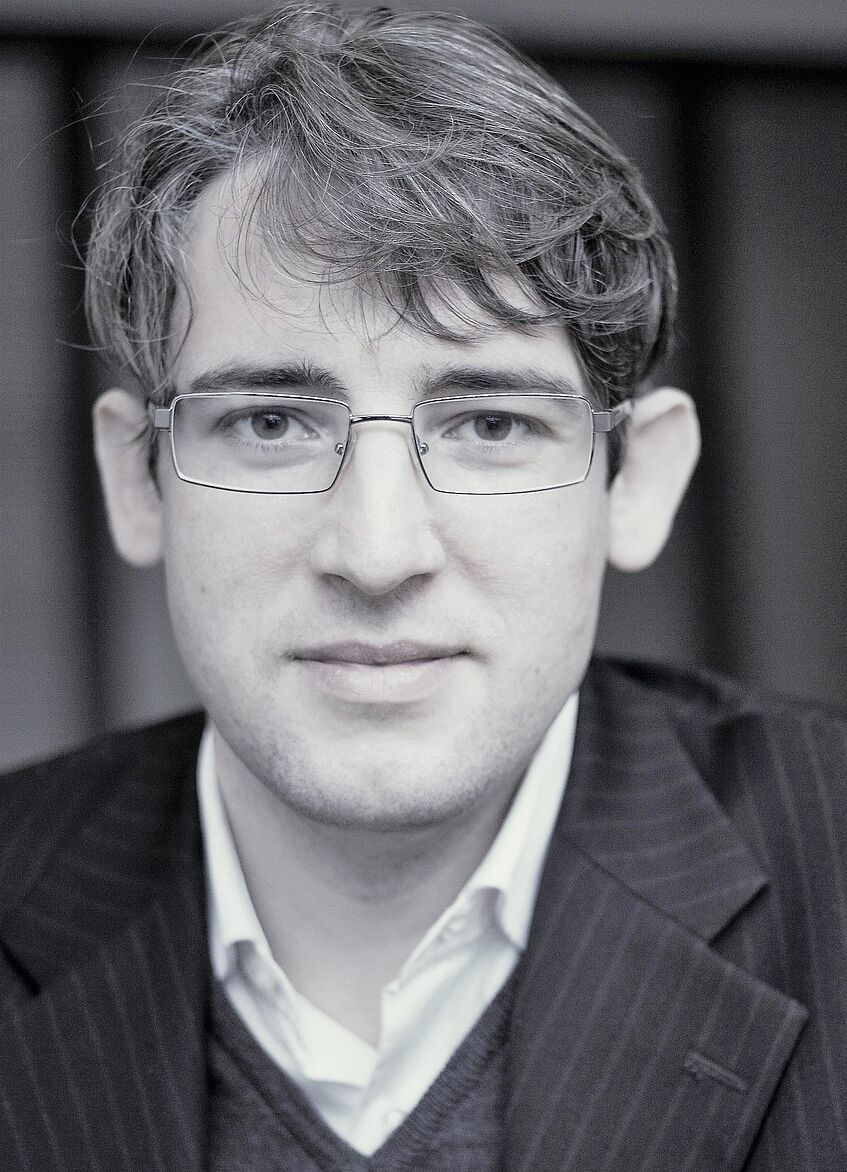11th Gerald Stourzh Lecture on the History of Human Rights and Democracy
Francesco Boldizzoni
Democratic Capitalism: A Twentieth-Century Utopia?
15 May 2019
Kindly supported by the Future Fund of the Republic of Austria

Francesco Boldizzoni is Professor of Political Science at the University of Helsinki and a life member of Clare Hall, Cambridge. A historian by training and vocation, he has sought to engage in a two-way dialogue with the social sciences aimed at improving our understanding of social and intellectual change. Much of his past research has focused on the history of capitalism as well as on the history of ideas, concepts, and ideologies underpinning modern political and economic life. In addition, he has made contributions to historiography and historical theory. In 2018 he founded the journal Capitalism and History and completed a book-length study of misadventures in social forecasting since Karl Marx. Currently he is working on a comparative history of the welfare state.
Selected publications: Routledge Handbook of Global Economic History (ed. with Pat Hudson, Routledge, 2016); Means and Ends: The Idea of Capital in the West, 1500–1970 (Macmillan, 2008); The Poverty of Clio: Resurrecting Economic History (Princeton University Press, 2011).
Homepage of Francesco Boldizzoni
Abstract
Today the notion of democratic capitalism may appear to be a contradiction in terms. After the unraveling of the postwar social contract based on class compromise and the welfare state, we find ourselves at the mercy of predatory greed and widespread antidemocratic sentiment, while progressivism is in the grip of an unrelenting agony. To make sense of the times we must go to the root of the concepts of capitalism and democracy. It could, indeed, be argued that the two do not have much in common. Democracy existed long before capitalism and, moreover, capitalism has often prospered in nondemocratic contexts and times. Yet the fact remains that the aspiration to radical democracy, namely a regime of substantive equality among citizens, only emerged at the height of the Age of Revolution, just as Europeans became aware of the rise of the capitalist social order and its destructive and destabilizing power. Since then, capitalism and democracy have been locked together in a strange relationship of tension and interdependence. This lecture investigates whether some form of peaceful coexistence between the two may again be possible in the future, or whether the idea of social democracy should just be regarded as one of the great utopias of the twentieth century.
